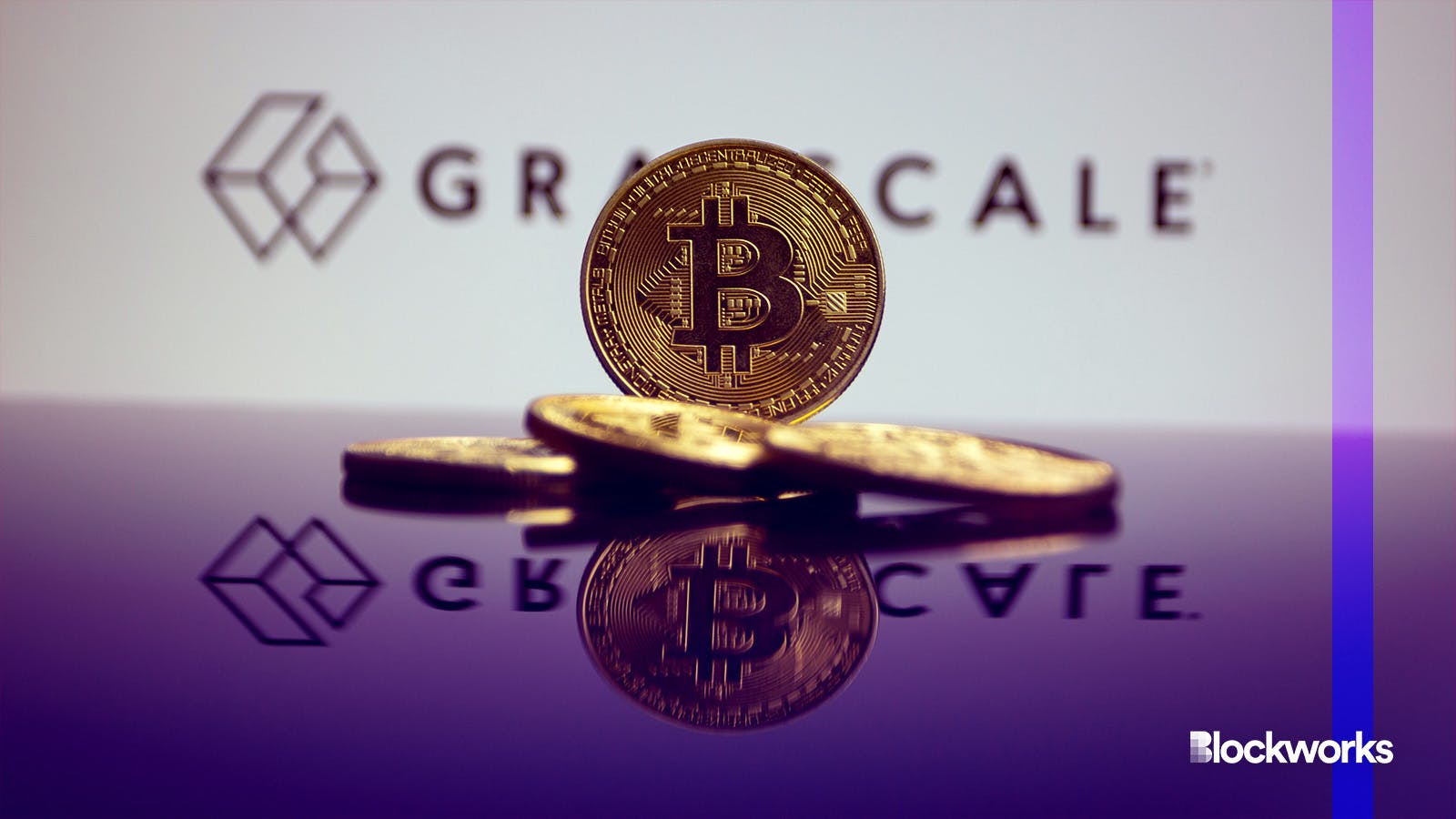Grayscale’s link-up with FTSE Russell a bid to boost crypto diversification
Partnering firms look to “bring the rigor of traditional finance to crypto” via set of sector-focused indices that cover 150 protocols

Rcc_Btn/Shutterstock modified by Blockworks
Though Grayscale Investments is busy with its push to bring a bitcoin ETF to market, the firm’s latest partnership is a bid to attract investors wanting to go beyond spot crypto exposure.
The crypto-focused asset manager has joined forces with index provider FTSE Russell in a bid to build indices across various crypto sectors, the company said Tuesday.
These sectors — currencies; smart contract platforms; financials; consumer and culture; and utilities and services — “formalizes our specialized view of the crypto landscape,” Grayscale CEO Michael Sonnenshein said in a statement.
The partnership is set “to make this framework actionable in the form of indices,” he noted — adding that the two firms would “bring the rigor of traditional finance to crypto.”
Roughly $20 trillion in assets is benchmarked to FTSE Russell indices, according to the company. The index giant had joined forces with Digital Asset Research in October 2021 to introduce indices focused on bitcoin (BTC), ether (ETH) and cardano (ADA).
Grayscale is perhaps best known for its Bitcoin Trust (GBTC) — an investment vehicle with $19.5 billion in assets under management. The US Securities and Exchange Commission denied GBTC’s conversion to an ETF last year, an action the DC Circuit Court of Appeals ruled as an “arbitrary and capricious” decision given the regulator’s approval of bitcoin futures ETFs.
Read more: What Grayscale’s win against the SEC actually means
The court formalized that Grayscale court win on Monday. A firm spokesperson told Blockworks it intends “to move as expeditiously as possible” in its quest to convert GBTC to an ETF.
Grayscale also applied earlier this month to convert its Ethereum Trust (ETHE) to a spot ether ETF.
But the alliance with FTSE Russell is designed to give investors exposure beyond crypto’s two largest assets. The slate of crypto sector indices cover 150 protocols in all and will be reassessed quarterly, Grayscale said.
“With our shared expertise, we have created a sector defining approach to capture innovation that will enable improved decision-making in this growing asset class,” FTSE Russell CEO Fiona Bassett said in a statement. “This fundamental construct offers critical insight to help investors make decisions with clarity and conviction.”
Get the news in your inbox. Explore Blockworks newsletters:
- The Breakdown: Decoding crypto and the markets. Daily.
- 0xResearch: Alpha in your inbox. Think like an analyst.






